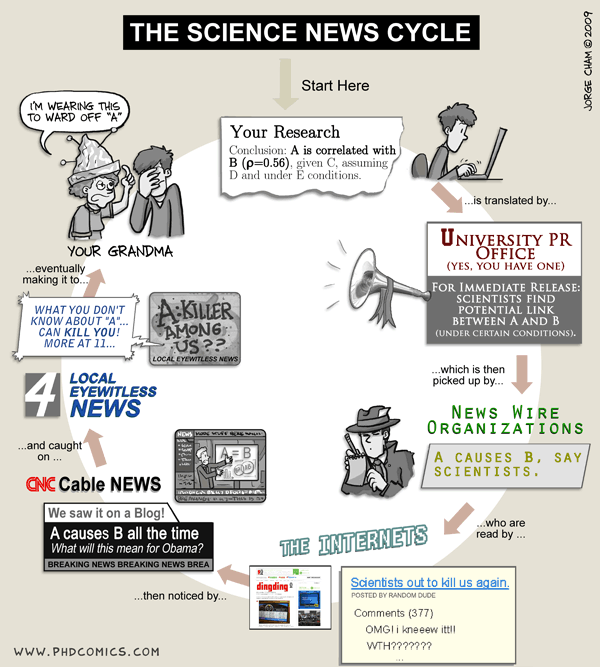From my personal experience, academic lab/research are all shameless about how significant their discovery/result is. They talk about new era and novelties. In actuality, CD47 has been long discovered and an antagonistic antibody against this well-known surface marker is easily developed. It might be true that tumor cells subside when the antibody is used, but unless they publish their experiments and controls, we should not take this too seriously.
The future of cancer is far away and bleak. Just by developing an antibody against ONE surface receptor will definitely not do the trick. Most cancer that needs to be treated has already developed stem cell characteristics, which means even if one of them is still left, they will keep on proliferating and metathesizing. Furthermore, everybody's immunity is different; every tumor micro-environment is different, and every type of cancer cells are different from each other (and they keep on changing!). Thus, a "miracle drug" will never happen, at least not in the next 100 years.
Personally, I believe the only way to eliminate cancer is to facilitate the detection of cancer (most cancer is detected at stage IV or beyond, where the 5 year survival rate is generally less than 5%), or discover as many of those surface marker (like CD47) as possible and use combination of antibodies coupled with drug to achieve multi-specific recognition. There is also a need to standardize the drug treatment procedure so the most specific antibody is delivered and monitor the activity/proliferation of T-killer cells and T-reg cells so the body's own immunity can be evaluated and harnessed.
I am an aspiring oncologist.





